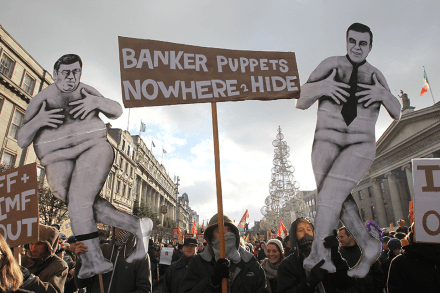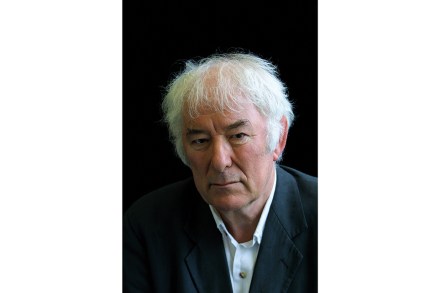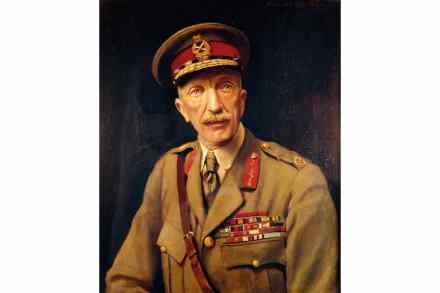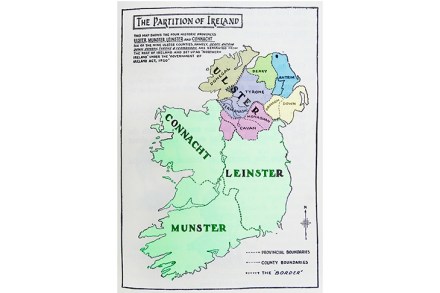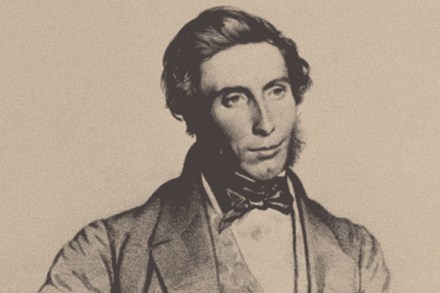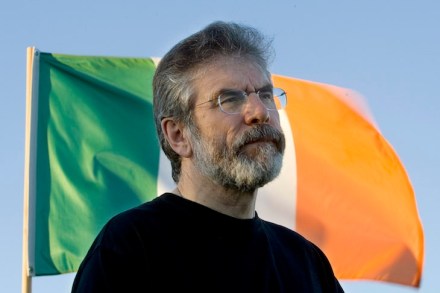How can Ireland survive the seismic changes of the past three decades?
Historians in Ireland occupy a public role – unlike in Britain, where those with an inclination towards the commentariat usually migrate to America. This is perhaps not surprising in a country where public intellectuals are exemplified by Stephen Fry and philosophers by Alain de Botton. Ireland presents a more demanding prospect, where, ever since the
